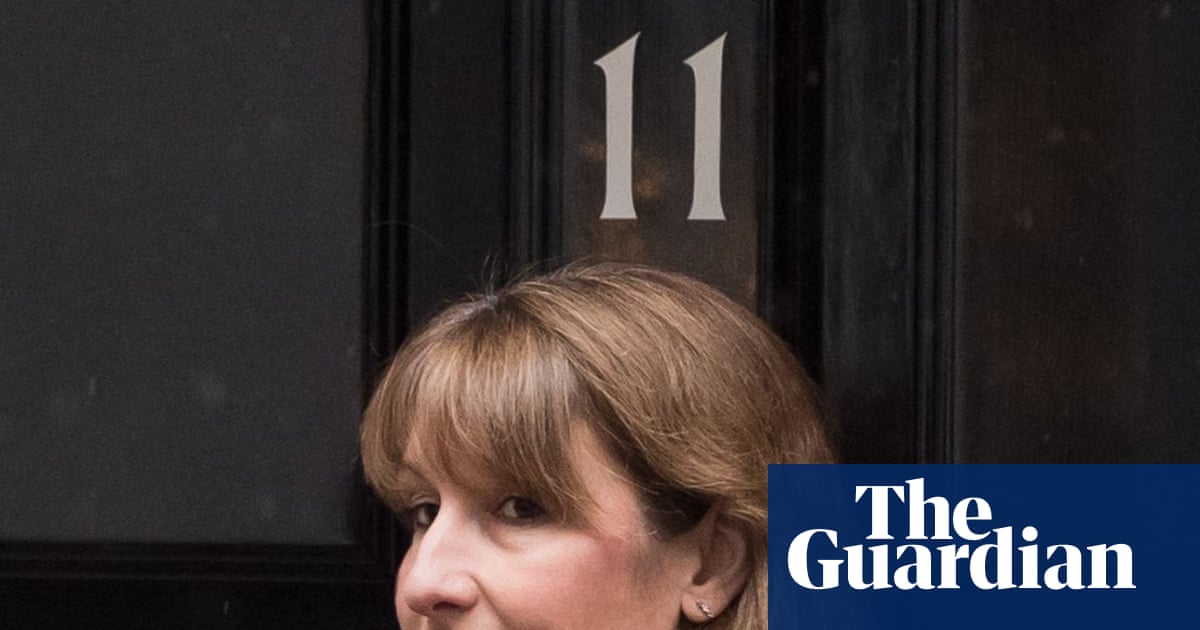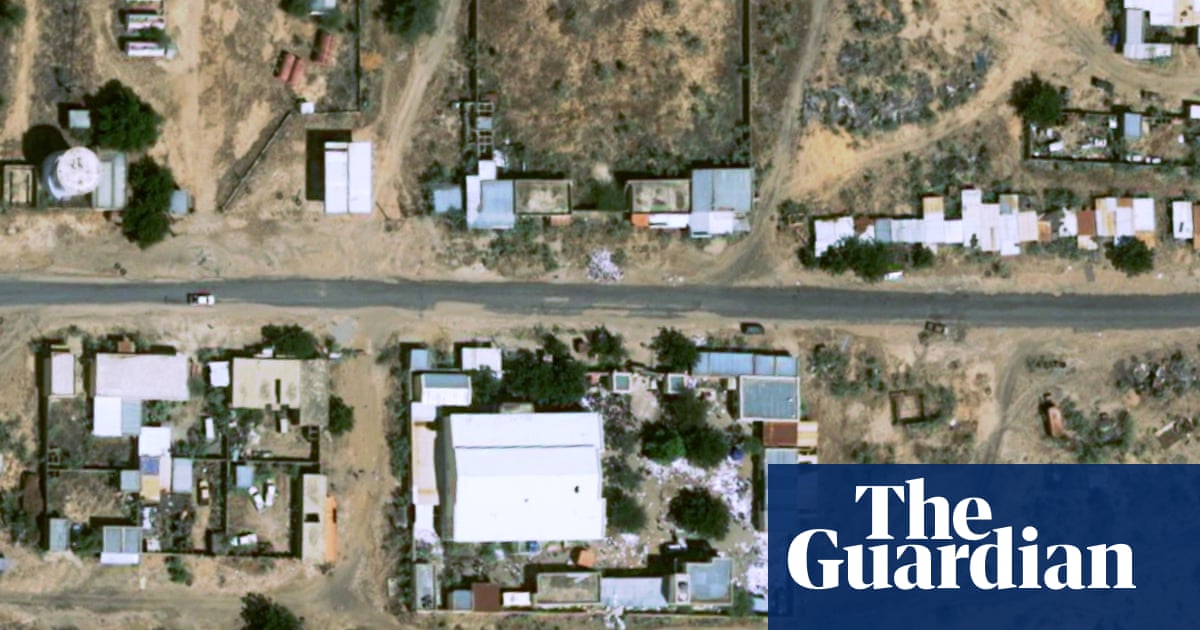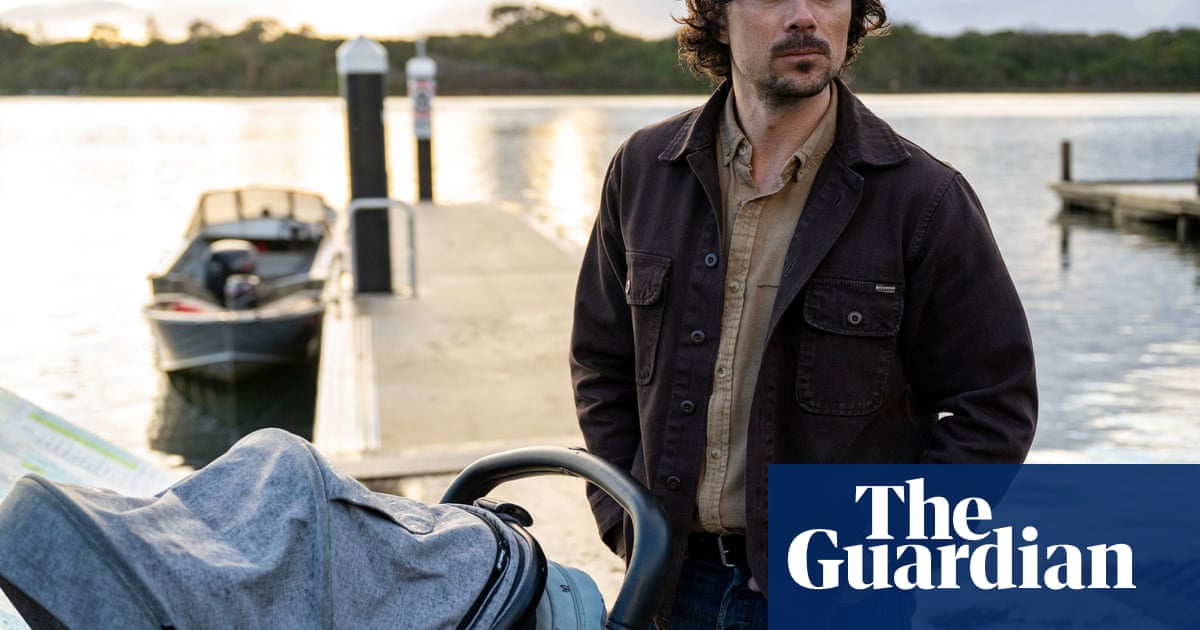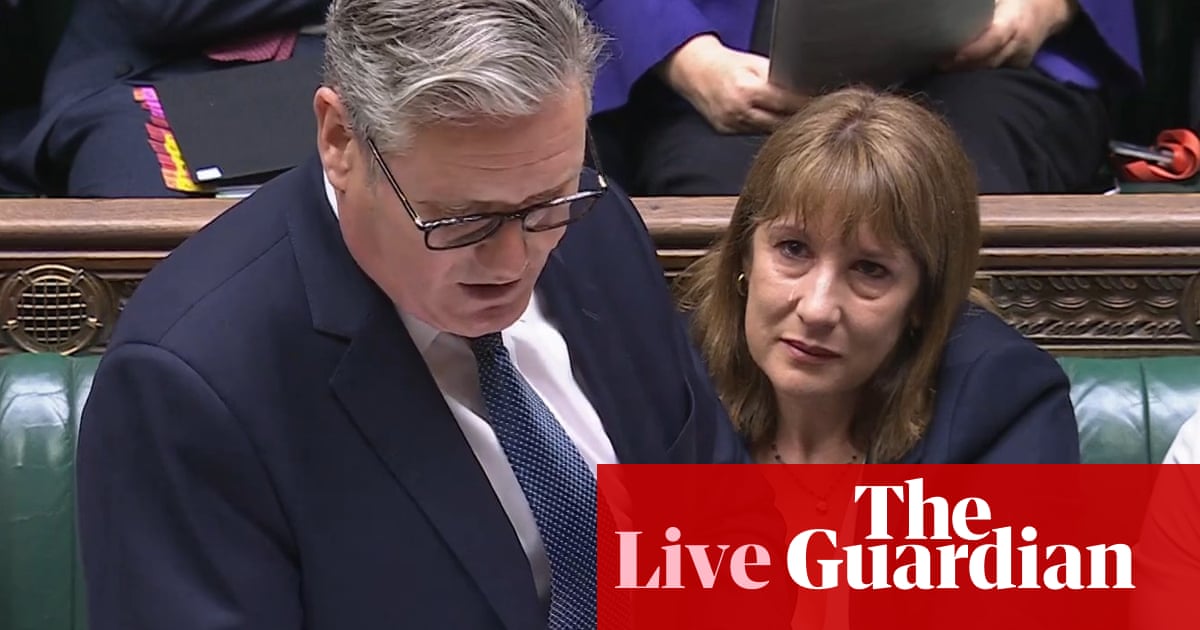About 15 years ago, Philippa Langley set out on a mission to find the remains of King Richard III, the last Plantagenet king of England. Almost everyone regarded this as an impossible task. His remains had gone undiscovered for more than 500 years. It was a folly, a fool’s errand. She was out of her depth, an amateur. No letters after her name.
But Philippa diligently did the work and did her research. She had an inner conviction that she would find him, and she did. It was a staggering achievement, and yet when the news broke of this startling discovery, and it was beamed round the world, there was little to no mention of her.
I saw the Channel 4 documentary The King in the Car Park, which featured this woman I hadn’t even heard of. She was a little eccentric, odd even, and obsessive in her quest to find Richard’s remains. There was a disconnect between what I was seeing on screen and the headlines I’d read months before.
I contacted her representatives and arranged to meet her for lunch. Her health was frail, and there was a vulnerability to her. The more Jeff Pope and I researched the whole saga, the more convinced we were by her absolute integrity.
We set about writing a screenplay to tell the story of her journey from Edinburgh to Leicester and the archaeological discovery of the century. A story which, it appeared to us, had been subsumed by bigger, louder voices.
The resultant film, The Lost King, is one of which I’m immensely proud. It handed the megaphone to a woman whose story was largely unknown.
In our film, Richard Buckley, the head archaeologist, is depicted as a champion of Philippa, but ultimately with feet of clay. Her ex-husband John Langley, whom I played, is seen as loyal, but sometimes impatient with Philippa’s obsessiveness. And then there’s Richard Taylor, the former deputy registrar at the University of Leicester.
We depict Philippa as imperfect and sometimes challenging. Ultimately, she is both ordinary and extraordinary. She also suffers from ME (myalgic encephalomyelitis or chronic fatigue syndrome), something she is open about and is shown in the film. Philippa’s ME and ongoing concomitant health issues meant that she was unable to testify at the impending civil trial to establish whether the film depicted Richard Taylor unfairly.
I was looking forward to our day in court together, a chance for a judge to look at all the evidence and come to a fair conclusion. But Philippa’s absence meant we had lost our star witness and would have gone to trial with one hand tied behind our backs. No one wants to pressurise a woman who is unwell into doing something which could well make matters worse. Sometimes you have to fall on the sword.
Consequently, we had to settle. Richard Taylor wanted to have the film altered or withdrawn. He didn’t get that. I’m pleased to say not one frame of the film has changed bar a clarification in the pre-title sequence. This card states that the Richard Taylor in the film is fictional and bears no relation to the Richard Taylor in reality who, as the card says, “always behaved with integrity”.
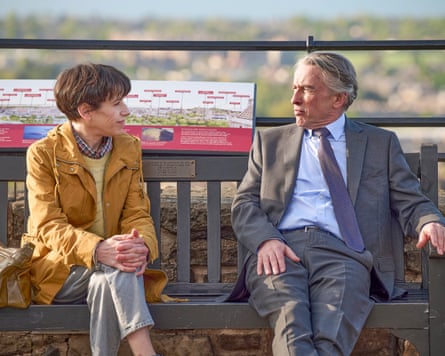
I noticed the University of Leicester’s website carries Richard Taylor’s statement in full, but not any of my statements. I’m sure that’s just an oversight. Philippa initiated the search for Richard III. Philippa determined the precise location in the northern area of the social services car park. When funding was withdrawn and the dig was in peril, Philippa raised the funds to ensure the project survived. When leg bones were exposed in the trench, it was Philippa who insisted that they be excavated. It revealed curvature to the spine and injuries to the head consistent with historical accounts of injuries incurred by Richard III at the Battle of Bosworth. In other words, it was him.
Richard Taylor said subsequently in a podcast that he had to create a firewall between the university and Philippa. For that, I give him full marks. At the press conference to announce that the remains discovered were those of the king, Philippa was the 13th to speak out of 13 speakers.
One thing is for sure, had Philippa been on the payroll of the University of Leicester, you can bet your bottom dollar that she would have been front and centre of all the university’s announcements. Not Richard Taylor. But as the University of Leicester liked to remind us yesterday: “She is an amateur”. Let’s face it, it’s always awkward when the amateur finds the remains of a 500-year-old dead king on your doorstep.
Richard Taylor has suggested that there should be an inquiry. I would welcome any inquiry which affords the opportunity to look in detail at his and the University of Leicester’s behaviour during that tumultuous period.
In the meantime, I’ll happily debate with Richard Taylor in a public forum on all the issues surrounding this saga. Our intention with The Lost King was only ever to give a voice to Philippa and her crowning achievement. That is something to celebrate.
Richard Taylor is right about this having been a David and Goliath fight, except in our version, he and the University of Leicester are the Goliath, and the David is Philippa.
The Lost King is available for all to see. I’m sure people will watch it and draw their own conclusions.

.png) 3 hours ago
5
3 hours ago
5


